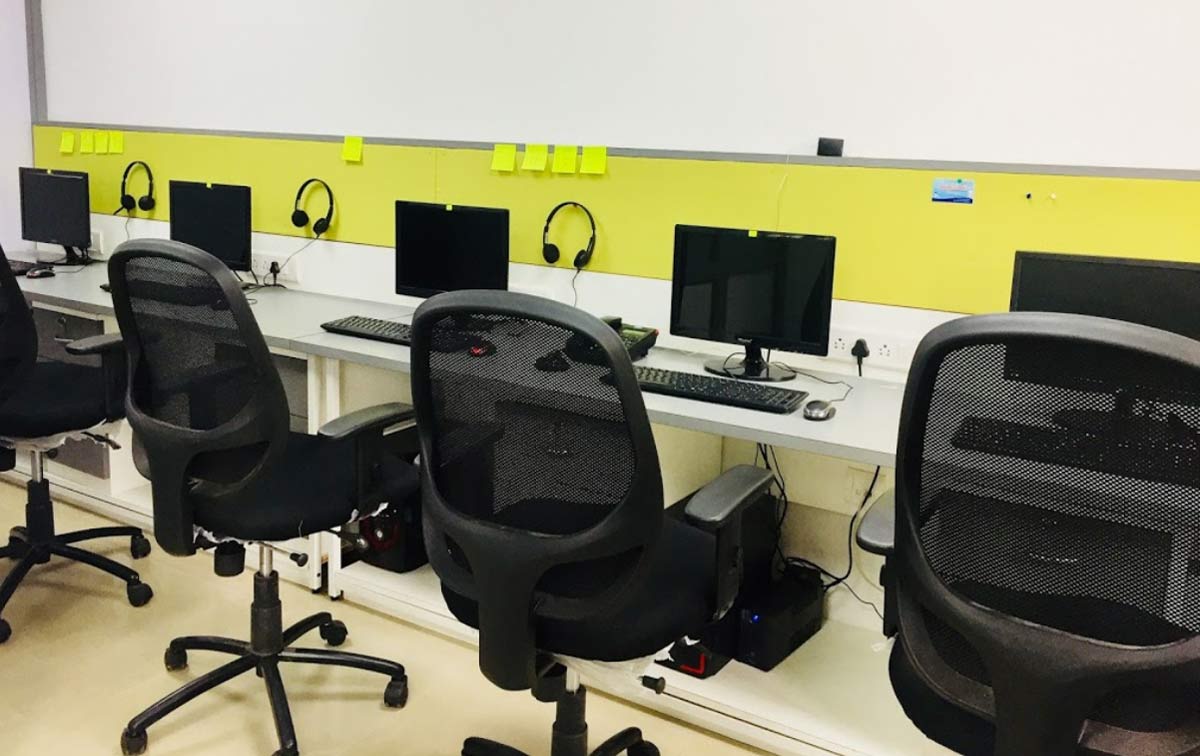by Kushal Bhargava, Co-Founder, MyBranch
Technology is an effective way for flexi-spaces to keep themselves ahead in competition
In the rapidly evolving working world, co-working spaces are gaining increasing prominence. Flexible and cost-effective, the services of these shared office spaces are availed by various companies to save on the escalating real estate cost. The introduction of hybrid models has also made them a preferred space for working professionals.
In India, where a number of startups are looking for offices, co-working spaces not only become an affordable option but a sensible one too. The pandemic underlined the importance of flexibility, and co-working models are perfectly designed to adapt and add value to the concept of working spaces. By taking flexible workspaces, the offices are able to save themselves from the traditional leasing method, choose a location of their choices, cut down on cost and work on expansion.
Technology helping co-working spaces
However, running a co-working space is not a piece of cake. From reserving spaces to office security, there is a lot on the office manager’s plate. As the world has opened up post lockdowns, the offices have also become specific in their demands and prefer spaces that can provide them with good hygiene, sanitation and provision of social distancing.
To stay relevant in these changing times, co-working spaces need to be equipped with the latest technology. By offering amenities such as ultra-fast internet connection, green and sustainable environment, uninterrupted power supply, online conferencing room bookings, co-working spaces can provide members with cutting-edge technological tools.
Today, many co-working spaces are turning into smart spaces by integrating technologies like artificial intelligence, cloud-based platforms, Internet of Things (IoT) to co-exist in a flexible workplace across the globe. It is quintessential for these flex spaces to be well equipped and collaborative to ensure a seamless work environment. In addition, digitization can help co-working spaces develop a medium to make the complete process hassle-free and set creditable benchmarks in the office leasing sector.
Crucially, the advent of digitization has revolutionized the co-working spaces and played a critical role in providing a smooth, customer-centric experience and eliminating the traditional medium. Mobile Apps, like SpaceonDemand by MyBranch and many other major players in the co-working sector have transformed the experience of the companies and businesses over the period.
Opportunities for the employees
One of the significant contributions of these flexi-spaces is that they brought back the community feeling. The co-working spaces, by bringing together companies from various sectors, provide a wonderful platform to connect and interact with people from different walks of life. For the budding professionals it becomes an opportunity to collaborate with like-minded people.
Growth comparison
The Indian co-working space market is thriving and according to the JLL report it is likely to cross 50 million square feet by 2023. The report stated the flexible space is likely to grow by an average of around 15-20 per cent per annum over the next three-to-four years, although this trajectory will not be linear.
In India, it is the BSFI and NBFC where the demand for flexi-spaces is the highest as they need more offices to scale up their sales. Also, the media and entertainment industries have emergedas the big players for the co- working spaces.
In the coming years, co-working spaces’ demand will only be on an upswing. This model has truly emerged as the agent of change in the workspaces across the globe.






